Female leaders of some of the University of Minnesota’s student organizations are celebrating Women’s History Month throughout March.
Women’s History Month is a month that highlights the successes and contributions of women throughout history. Several student organizations plan to commemorate the month by hosting events.
Julia Bevans, president of The Women’s Network at the University, a student organization aiming to connect female students with professional networking opportunities, said it is empowering to be a female leader.
“It embraces many different walks of life, diversity and areas of interest,” Bevans said. “Being in a leadership role as a woman has been uplifting to me and has helped me in various ways in growth and confidence.”
The Women’s Network provides networking and career opportunities for female students, and Bevans said these are ways for female students to show others “what they are made of.”
“This platform gives women a chance to hone their skills and make a difference in the workforce,” Bevans added.
Students who are a part of The Women’s Network can connect with other female employees and representatives, according to Bevans.
“Networking doesn’t have to be this scary thing,” Bevans said. “It’s meeting people and helping each other along the way.”
Gabrielle Denniston, president and founder of the Multiracial Student Union (MRSU), a new student organization designed to create a safe space for multiracial students on campus, said she became a leader because of the lack of diverse representation she has experienced.
Denniston, a first-year mixed-race student, said she talked to many mixed-race students during orientation when they bonded over people placing racial and ethnic titles onto them.
“We don’t want to be forced to pick between our identities and we want to be comfortable in our identities,” Denniston said. “We come from multiple backgrounds and there’s a wide variety of diversity here at the U.”
Throughout her time leading MRSU, she has learned to highlight the strengths of others and work in a collaborative environment.
Although MRSU is open to students of all genders and has a co-ed leadership team, Denniston said she is able to connect with other leaders about shared struggles and intersecting identities.
“It’s great to see that we’re all empowering each other and that the men on our board want to do research to empower women,” Denniston said. “I have to try to see where my privilege is so that I can empower those who don’t have those privileges and empower those who don’t have a voice.”
Denniston said the historic fetishization of women and toxic masculinity has led to women’s voices being overpowered or shut down, which is something she hopes to overcome through her leadership position.
“All of us have had to go through being masculine in order to protect our femininity,” Denniston said. “For those people to help us embody our femininity and to have a voice without being shouted down or overpowered by everything else is comforting.”
The Women of Color Collective is a student organization that helps women of color law students at the University network with people in law careers.
Lauren Hamilton, president of the Women of Color Collective, said women of color are often underrepresented in the law field. She added having the opportunity to network with others and having a leadership role in the field opens up opportunities to help other women succeed.
“It can be difficult to get to the higher levels of the field that can still be dominated by men,” Hamilton said. “It’s motivating to be around so many intelligent women and it drives you to be better and to mentor others.”
Fariza Hassan, the vice president of the Women of Color Collective, said the organization serves as a resource for female graduate students to express their thoughts about being a woman of color in law and aims to create a safe space for students to network and succeed.
“It’s really important to have people who have gone through it to tell you these things that aren’t told to you,” Hassan said. “The intersection of being a woman of color brings unique values and experiences to share with one another.”
Hamilton said there are gender dynamics in networking with people in the industry, where women are underrepresented, especially at higher levels within the legal field.
“Strength and support is key,” Hamilton said. “Law school is stressful, so having people who are on your side to support you is key.”
Hassan said connecting with others about shared experiences is helpful, adding their first meeting turned into one for students of color to vent about their experiences in the law school.
“Having these groups for women of color to vent and talk about different experiences that have impacted the way we navigate law school compared to peers who don’t share the same identities is therapeutic,” Hassan said.


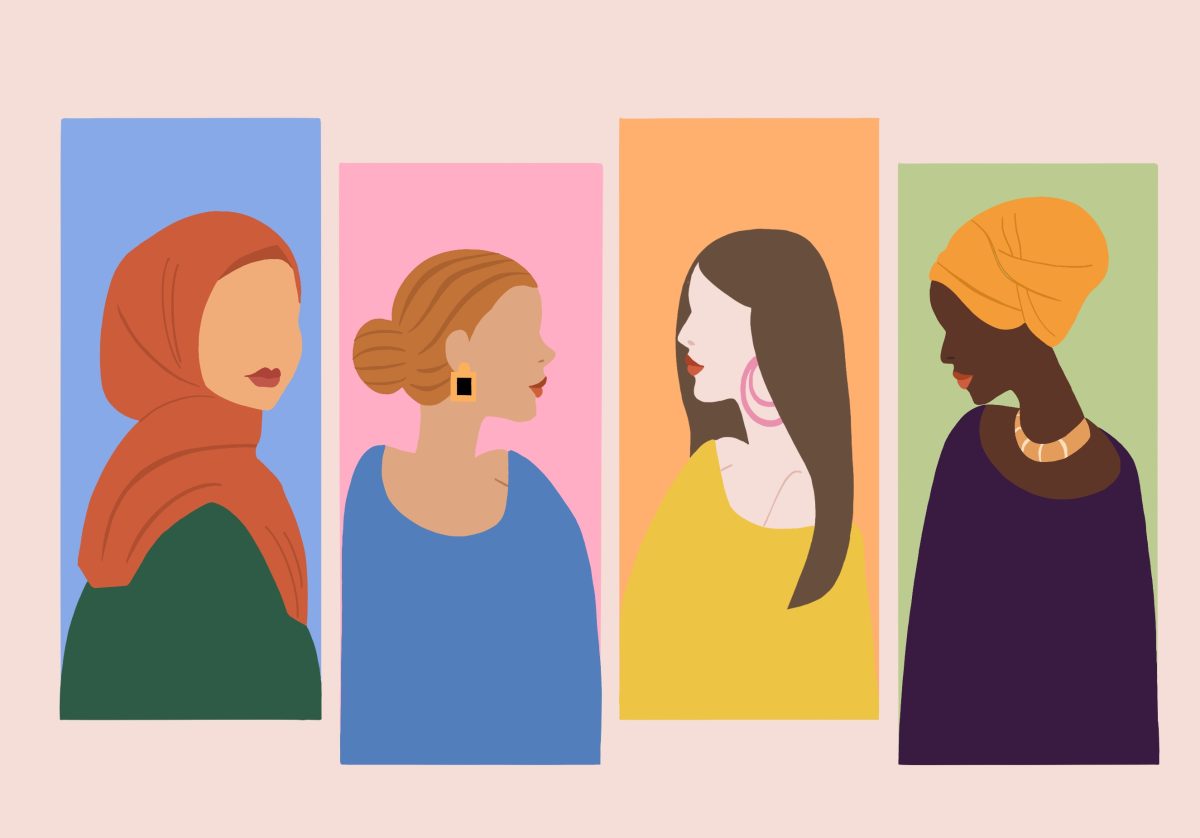
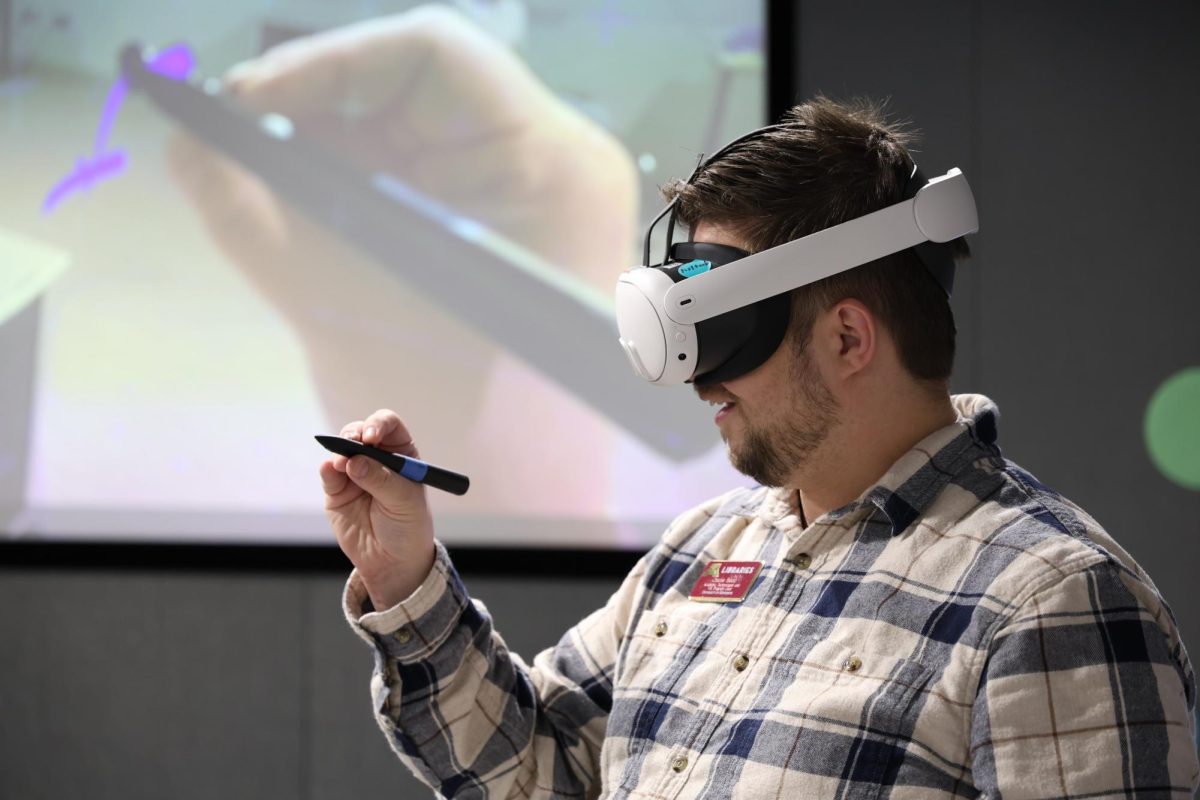

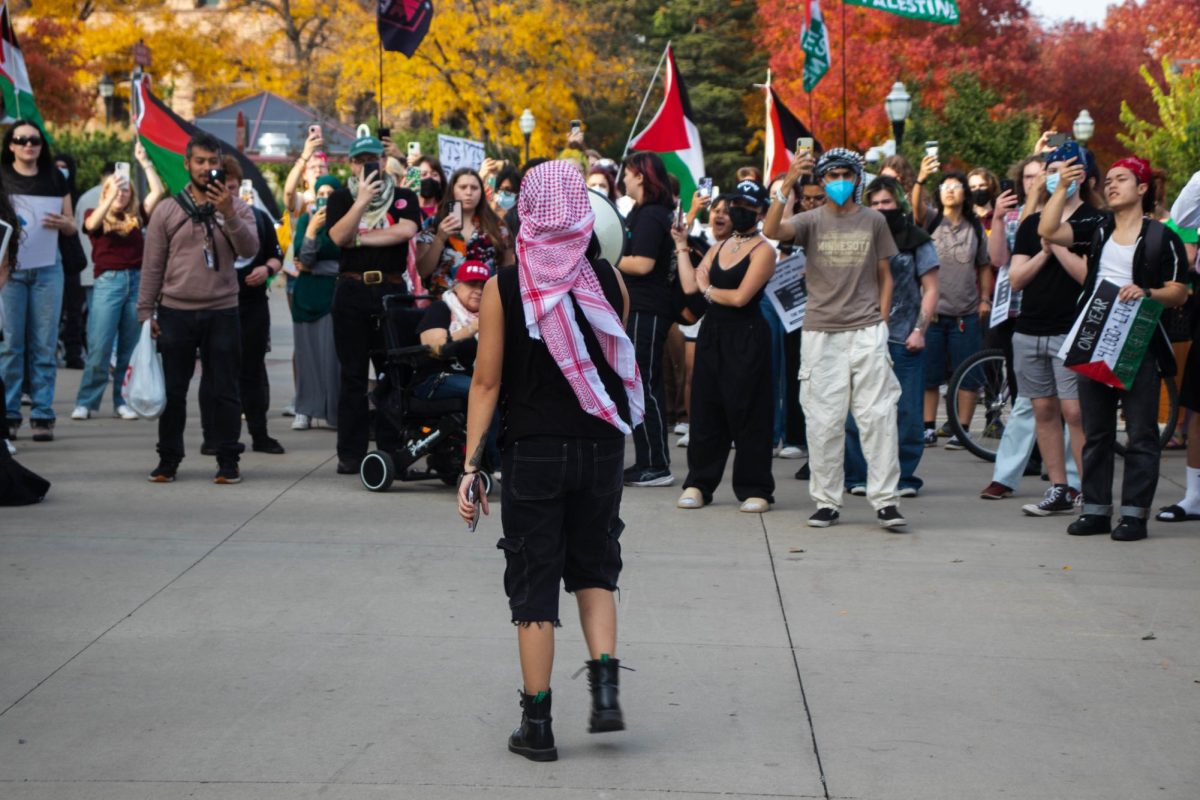
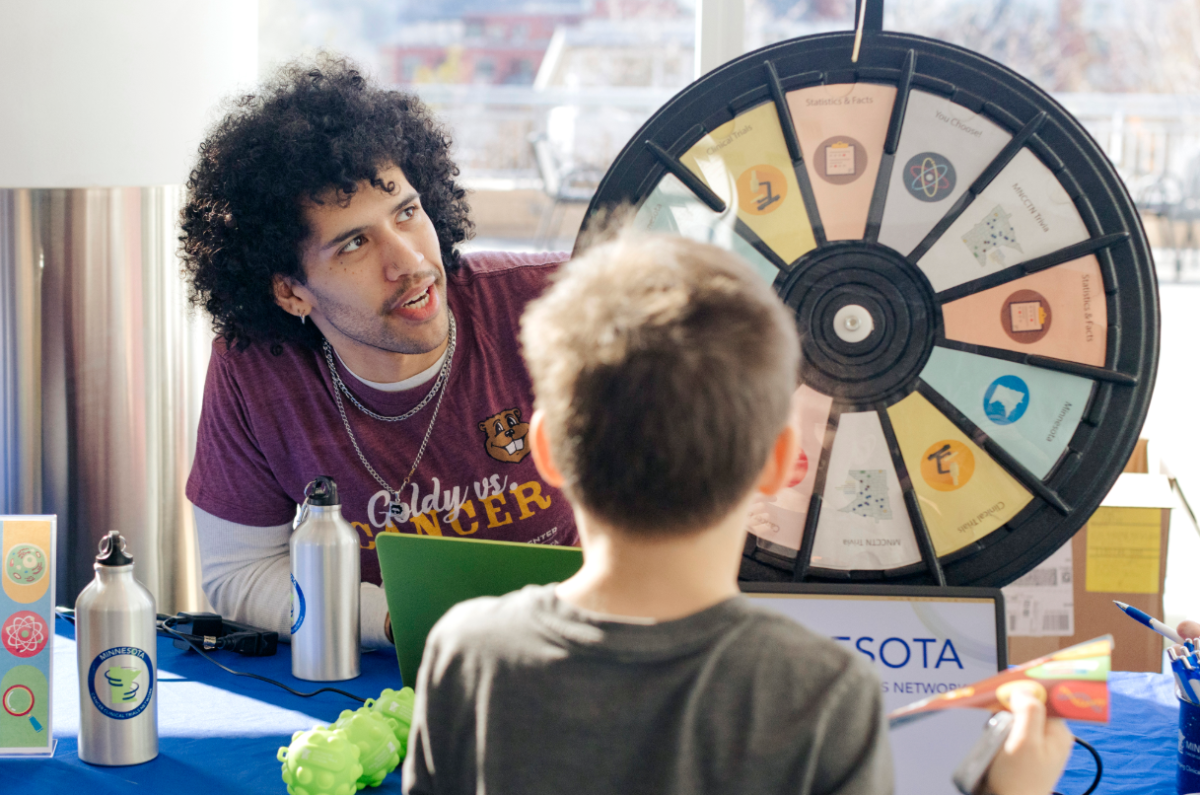
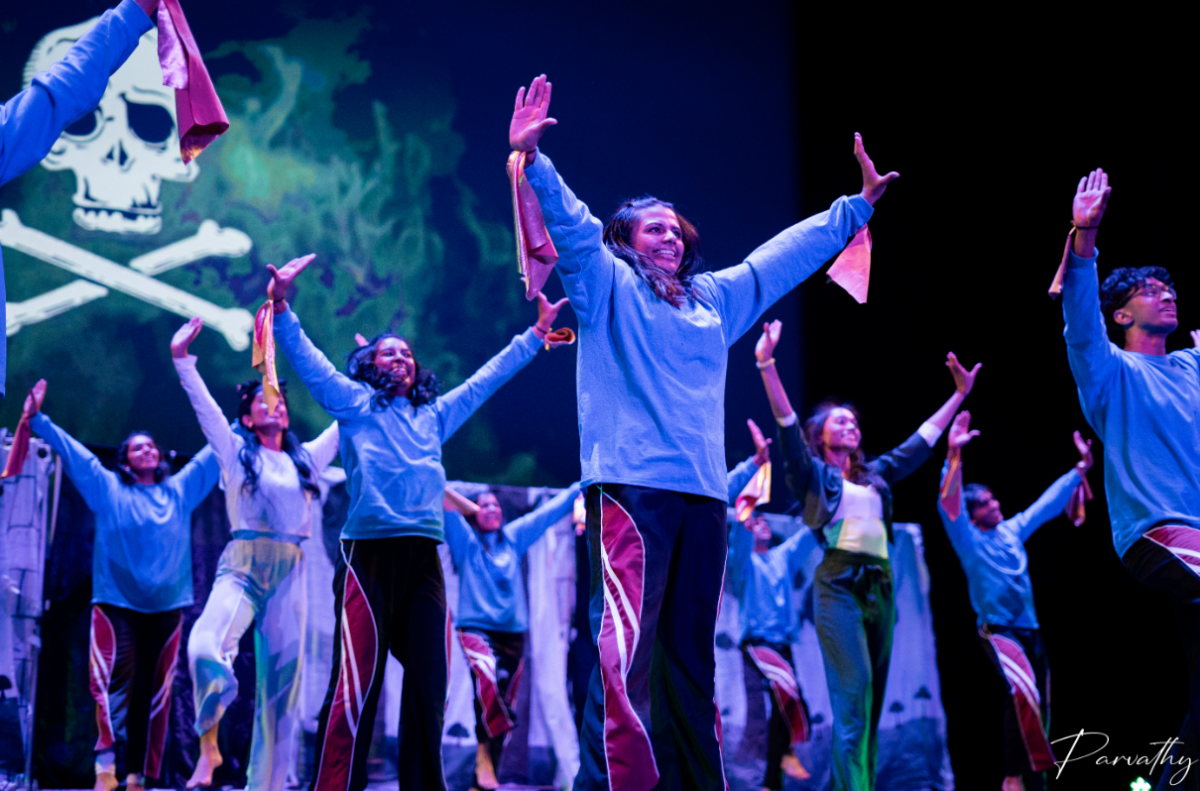


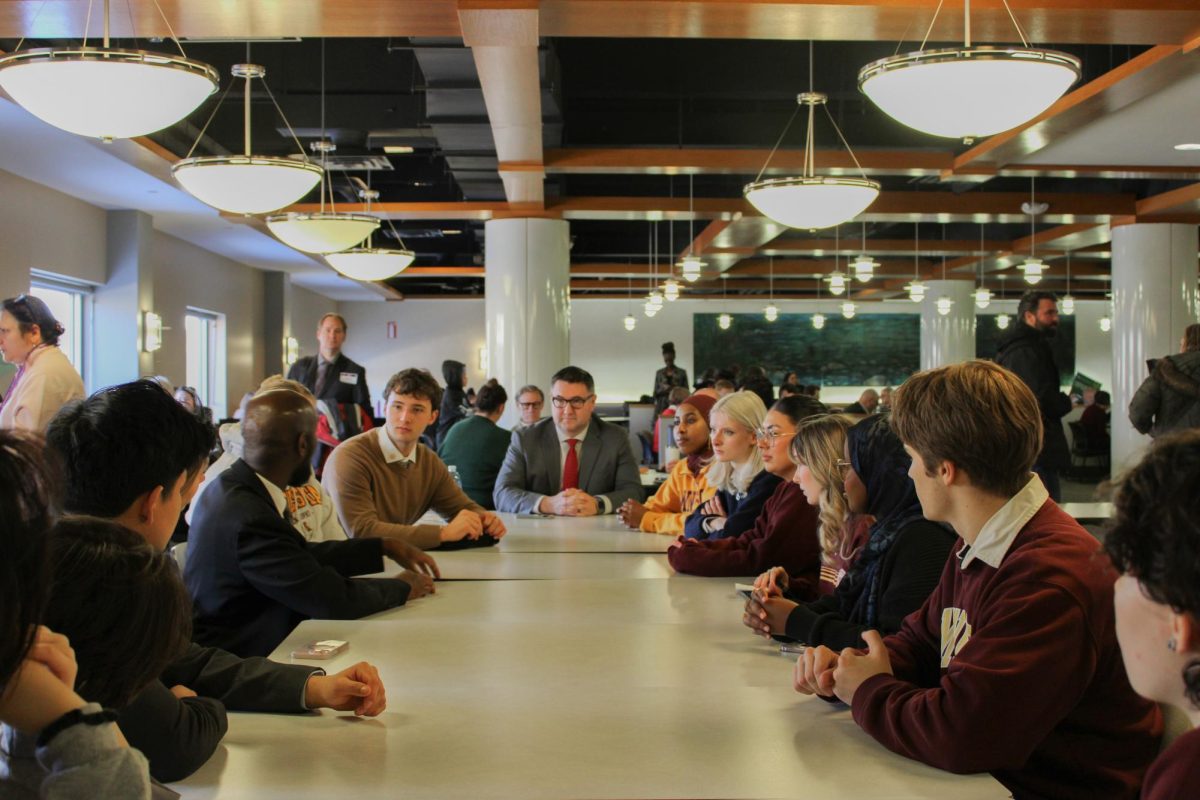
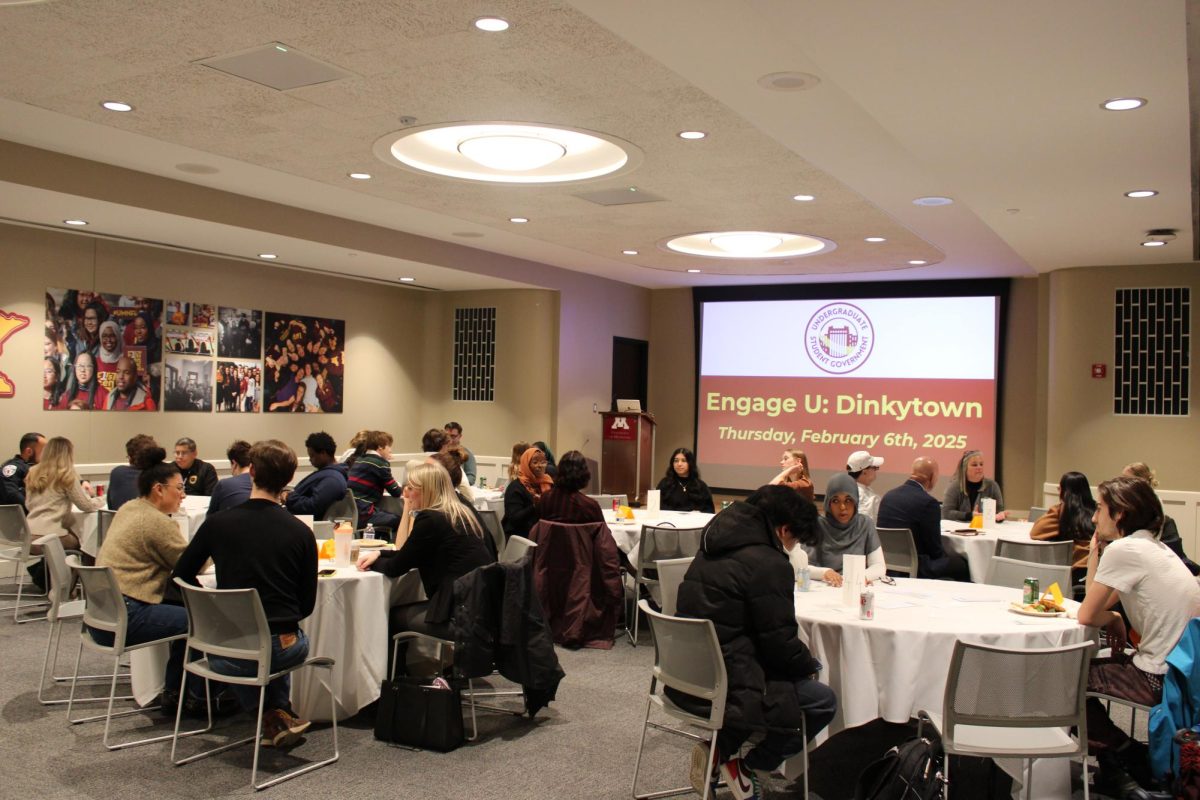
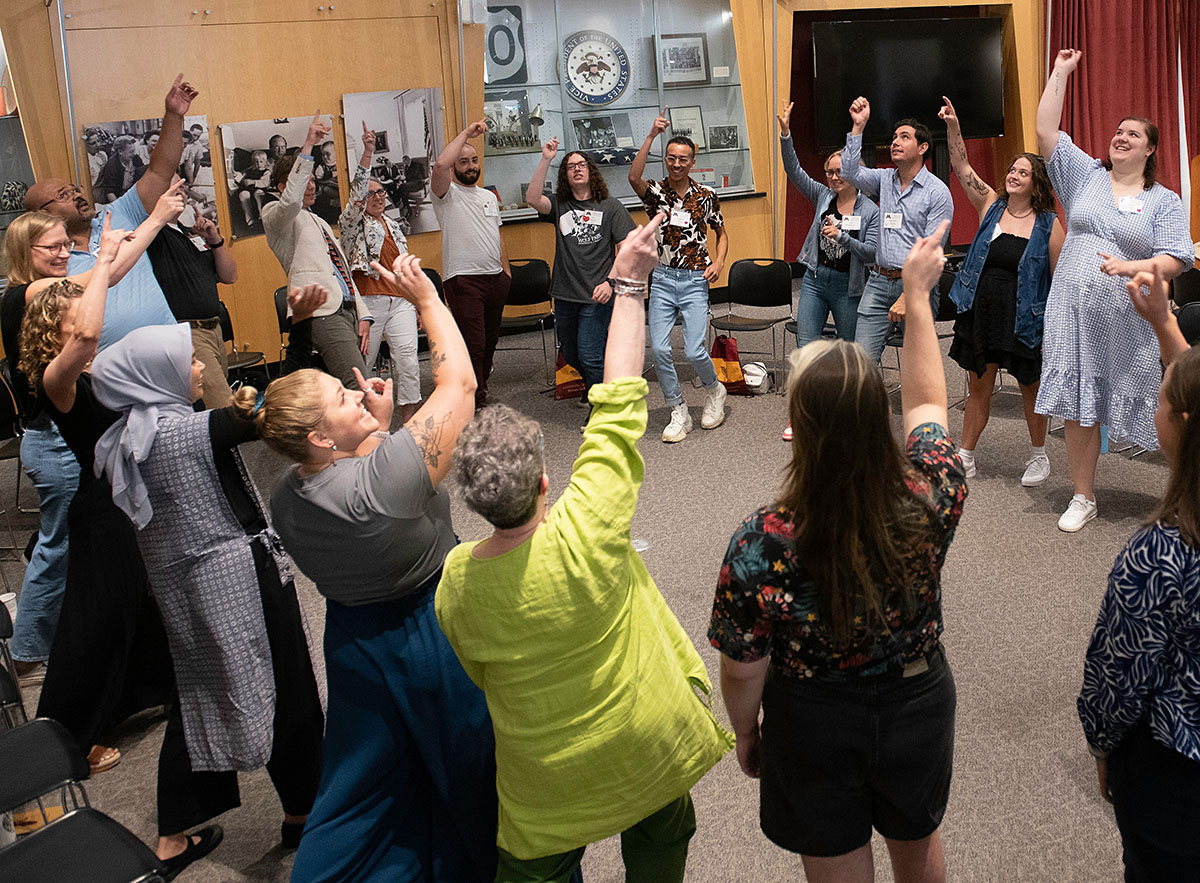
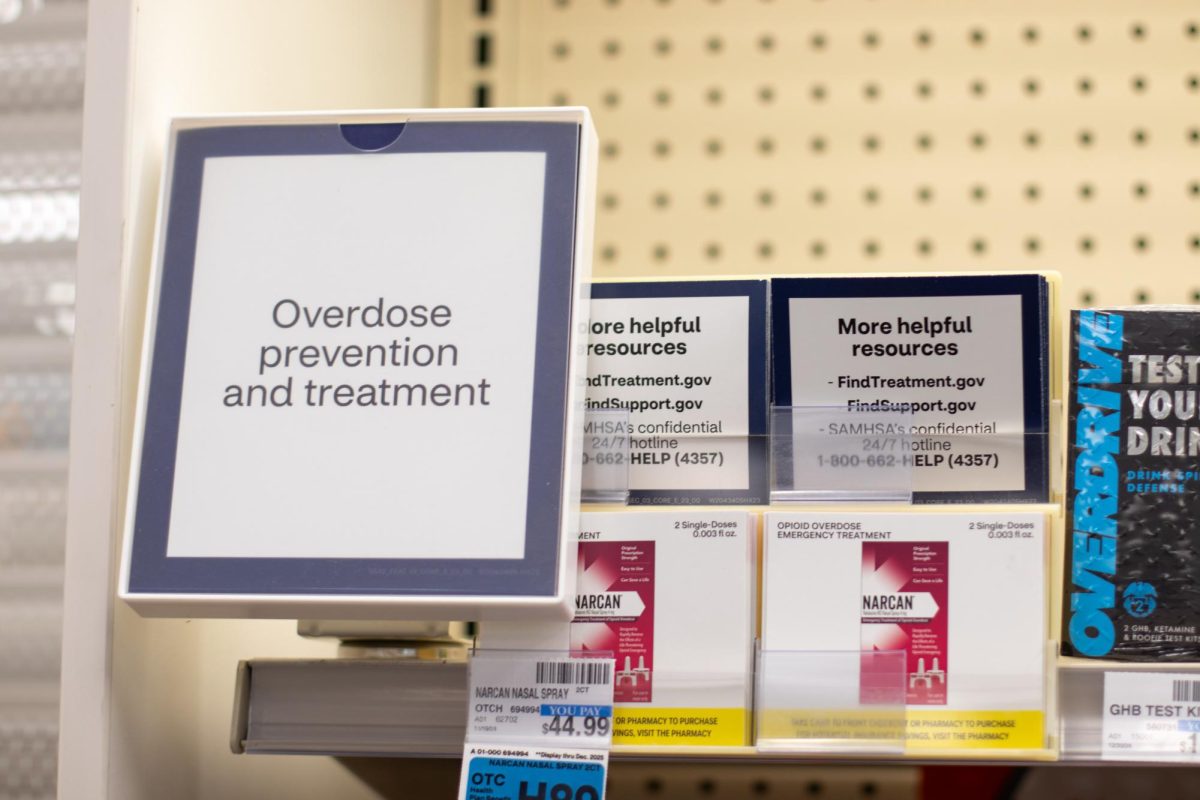

Olivia
Mar 20, 2024 at 9:29 am
MRSU is awesome, and Brie is great!